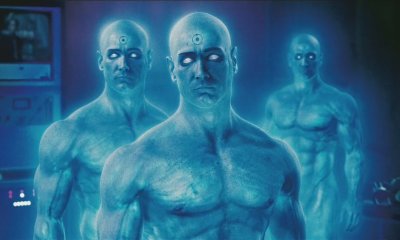This post could almost just be a link, to a Wired article I just read, but that would mean missing out on the chance to say how this film made me a geek, like no other single influence. I mean, I could blame/thank the Commodore 64, the Apple II (and the Victorian Department of Education’s love of it), or my old friend Lance. I could give due credit to the nuns at my primary school who put me in charge of the school’s computers because I knew how to plug them in, or to the IT geeks of Korner who inexorably bent my directionless generalism towards computer science during my first year at Monash. It would all be somewhat untrue though: WarGames was there first and and is still the definitive influence. WarGames told an awestruck, terrified kid that computers were going to run the whole world soon, if we didn’t nuke ourselves first.
Still, the Wired article was cool. The stand-out points for me:
- The ‘Falken’ character in War Games was originally modelled on Stephen Hawking.
- The commander of NORAD, and the NORAD command center under cheyenne mountain (which later so dominated Star Gate) was based on the actual NORAD command center and then Commander, who spoke to the writers when they were writing the screenplay.
- The article points out that ‘Wardialing’, precursor to present-day ‘Wardriving’, was named so as a direct reference to that tactic’s appearance in War Games.
- There’s some rather nifty commentary from Cap’n Crunch and Kevin Mitnick.
- The tidbit that John Lennon, no less, was approached to play Falken, just before his murder.
A signal quote:
William Lord, Commander, Air Force Cyberspace Command: It was a great movie! A few years later, I was an executive officer with the Air Force Space Command stationed at Norad near Cheyenne Mountain. And I’m wondering, “Gee, where can we get such cool-looking displays?” It was a good forcing function. It required us to all of a sudden say, “If it really can look like this, why doesn’t it?”

 First, if you haven’t read
First, if you haven’t read 

